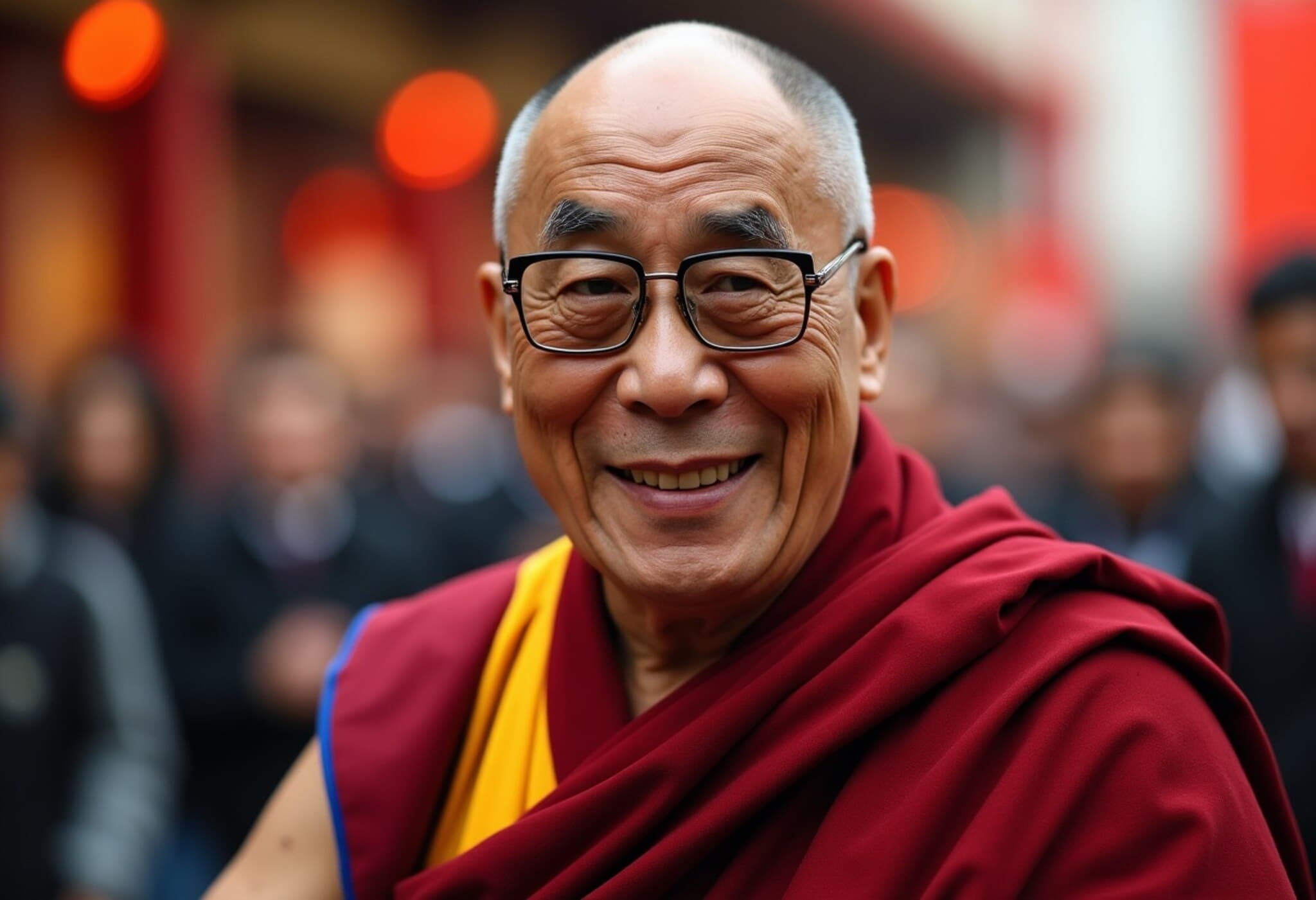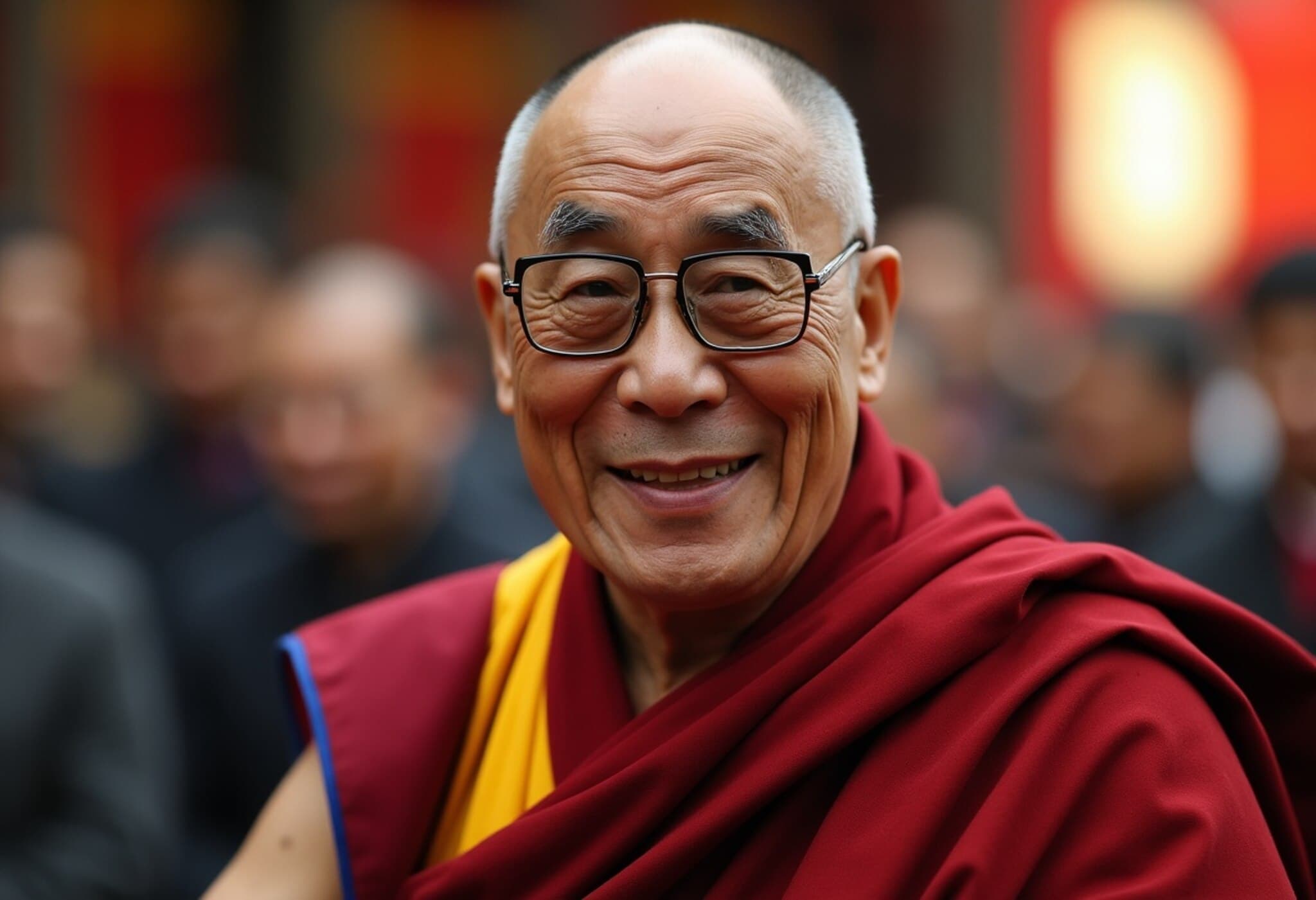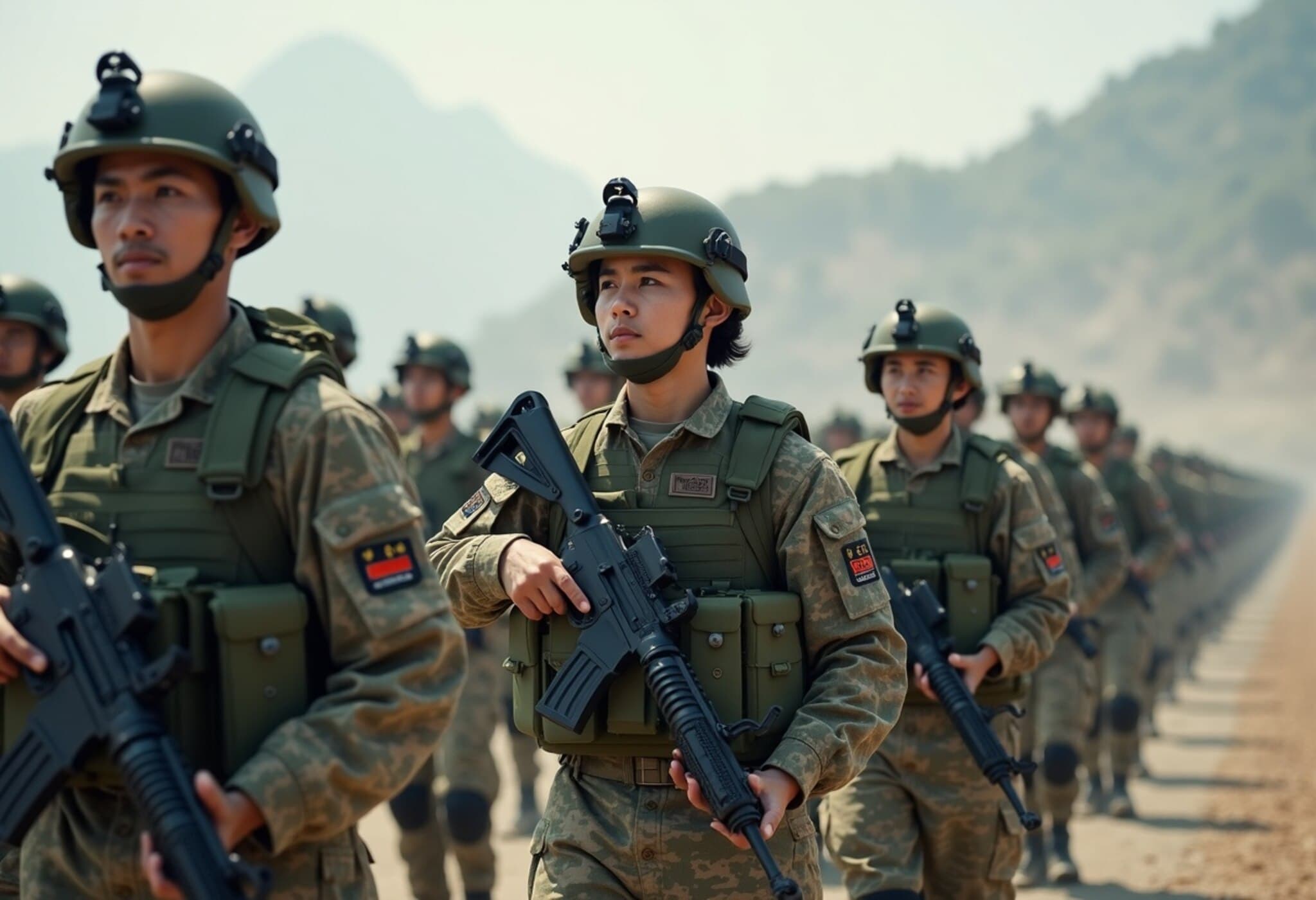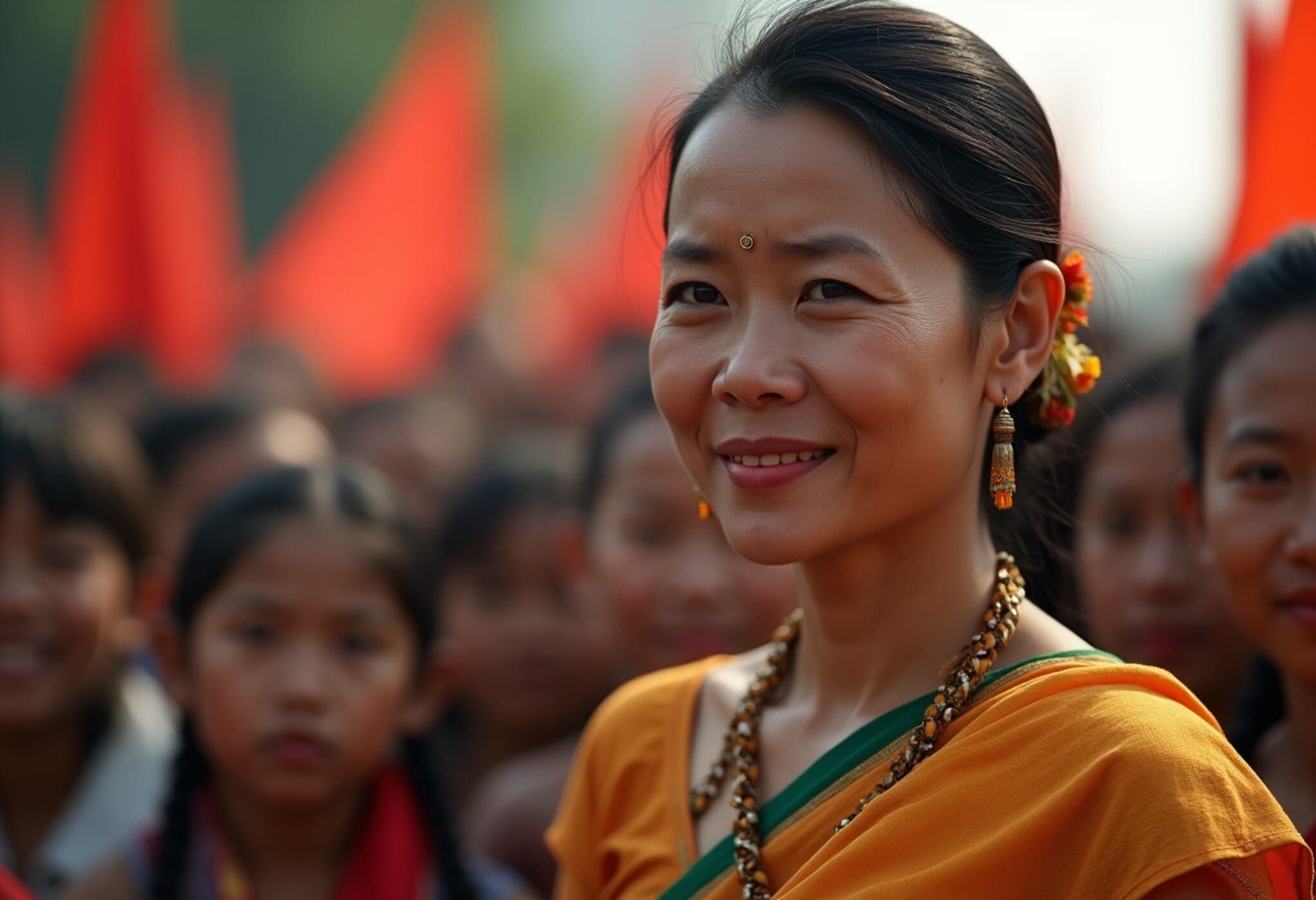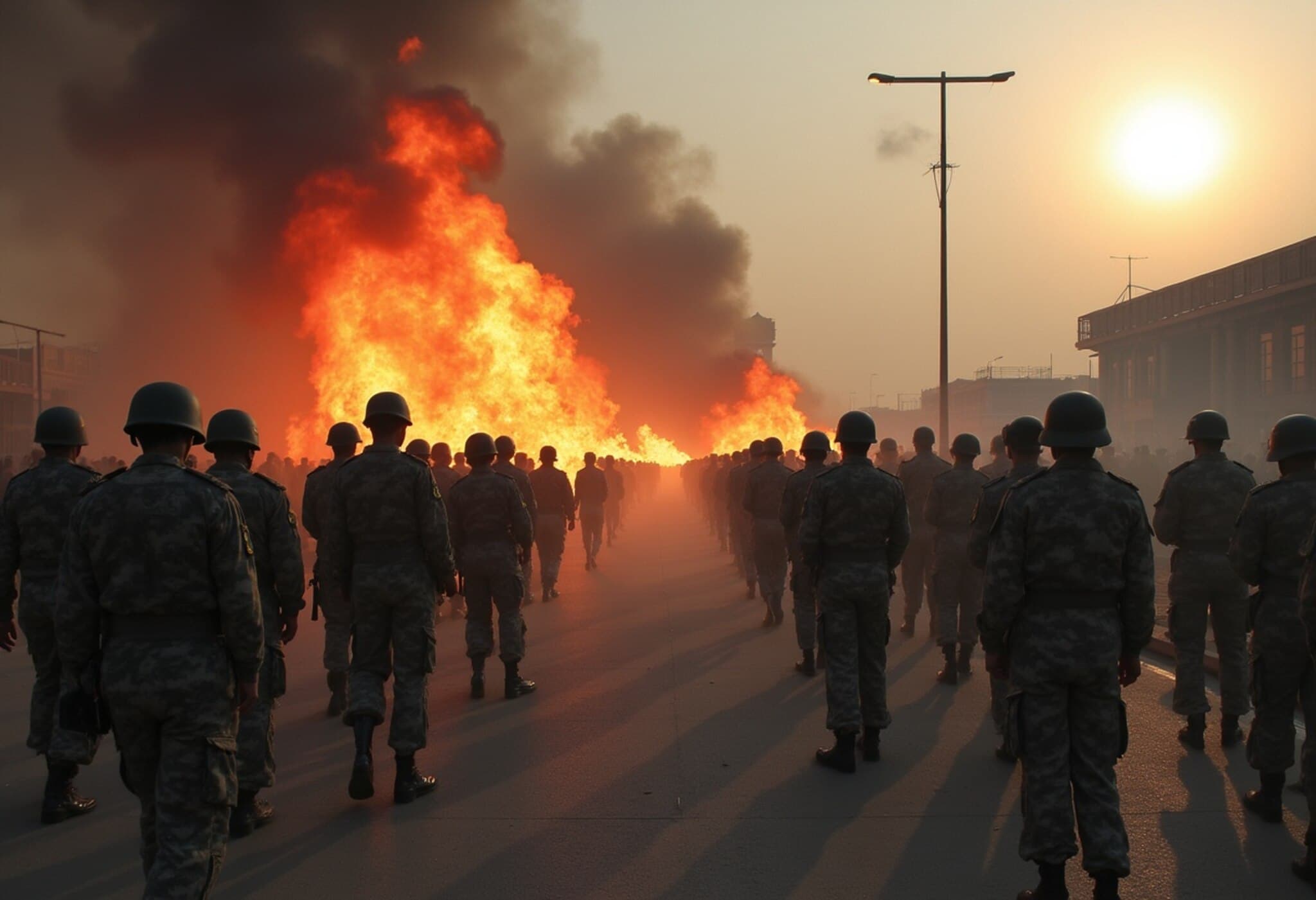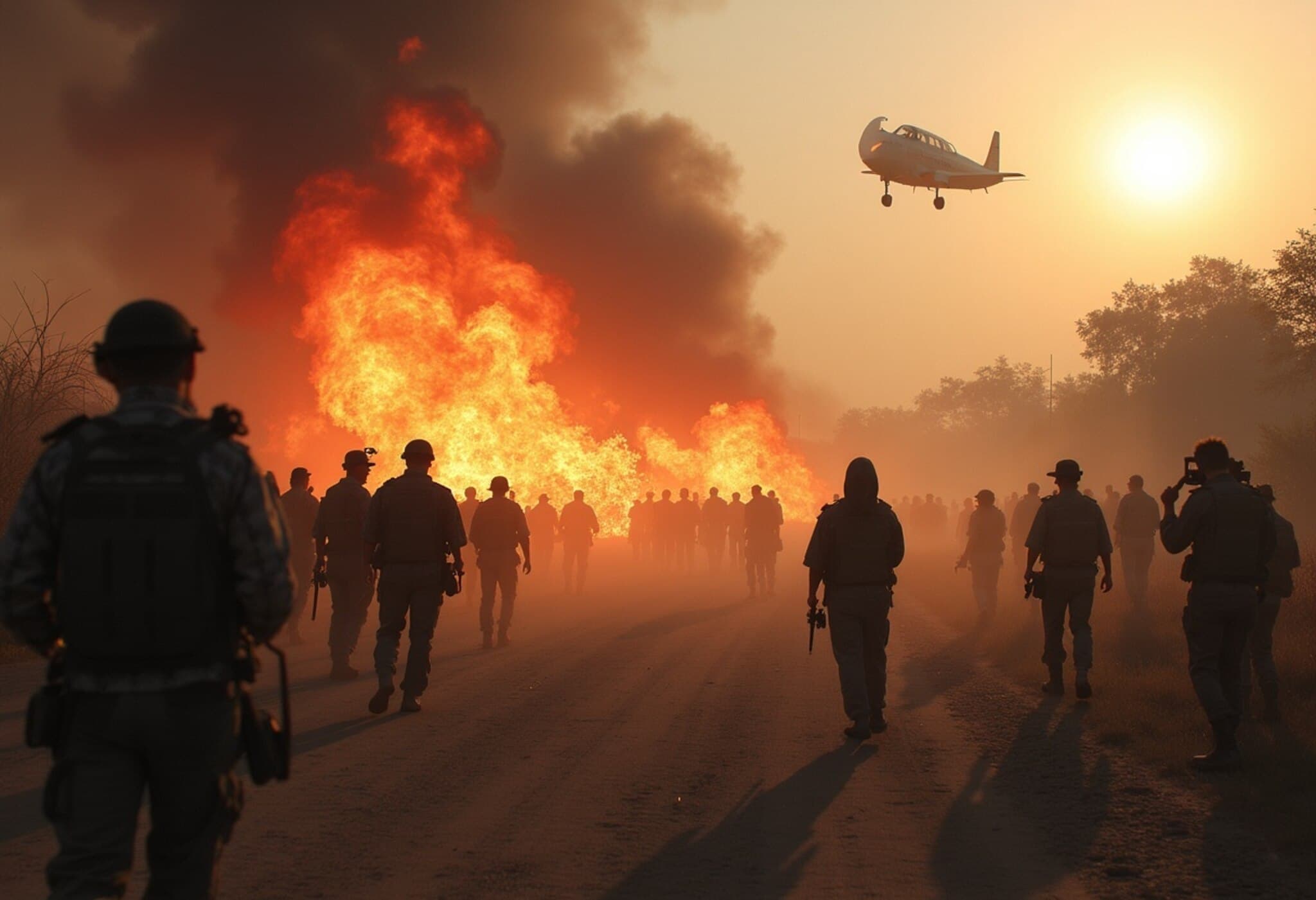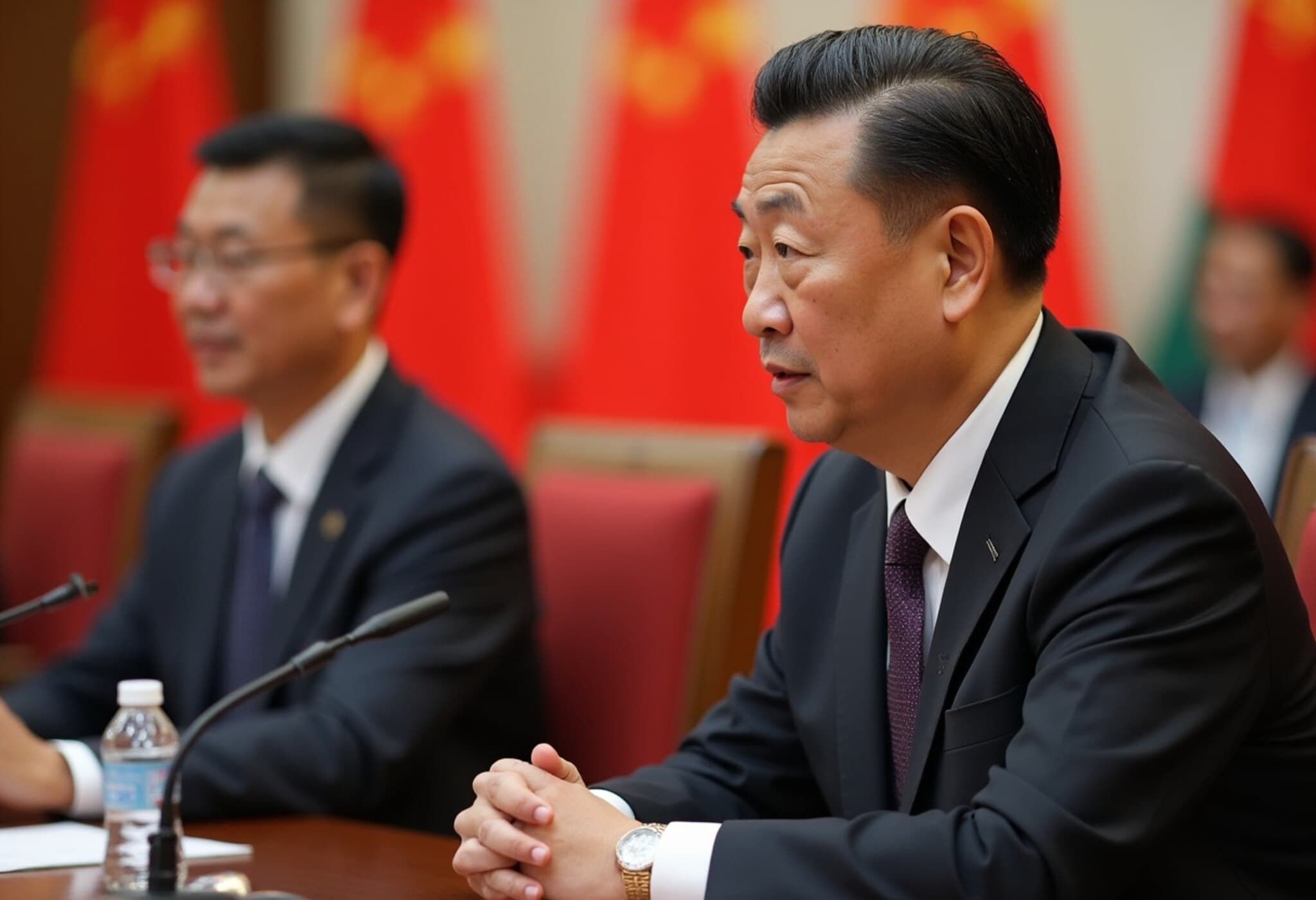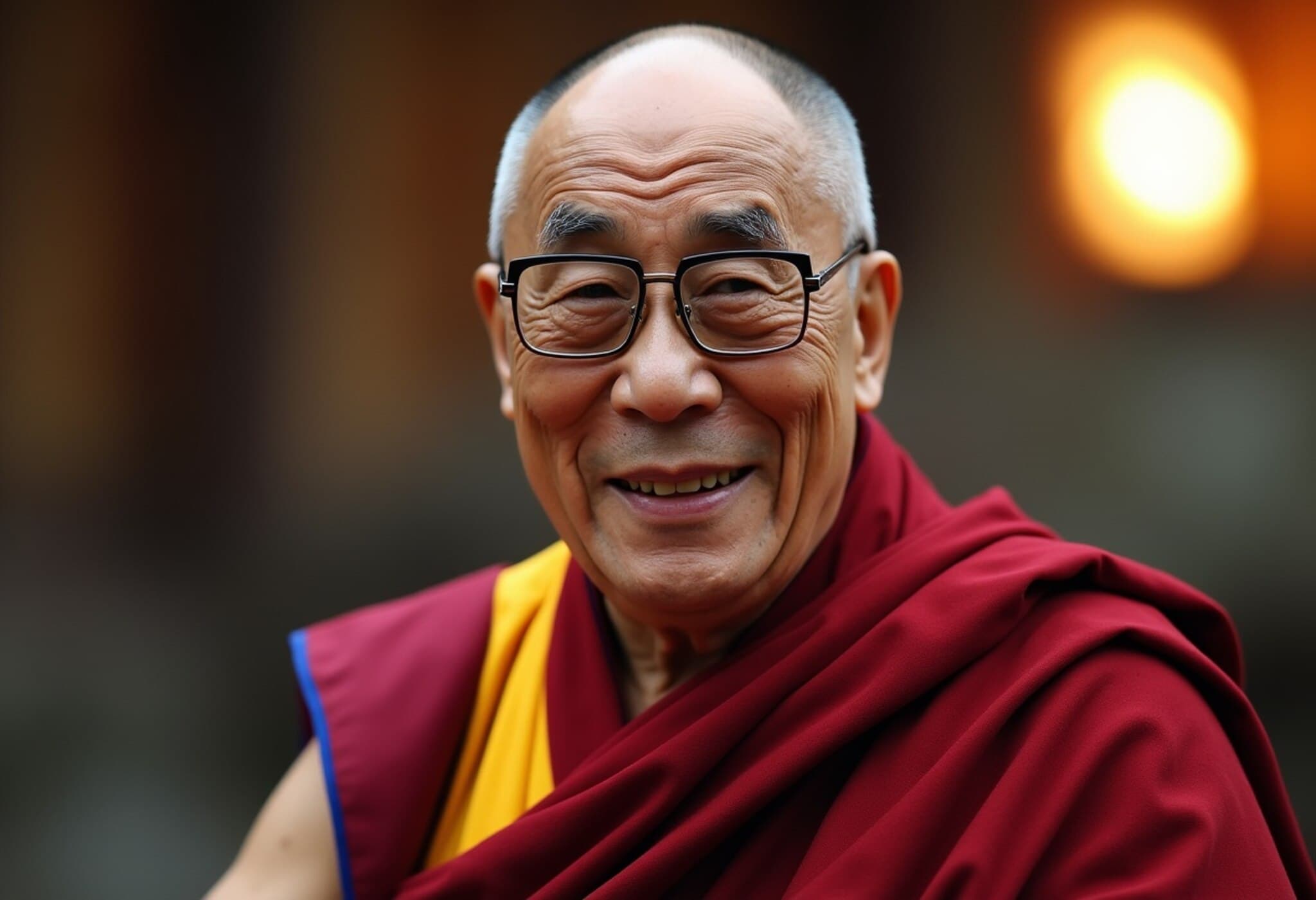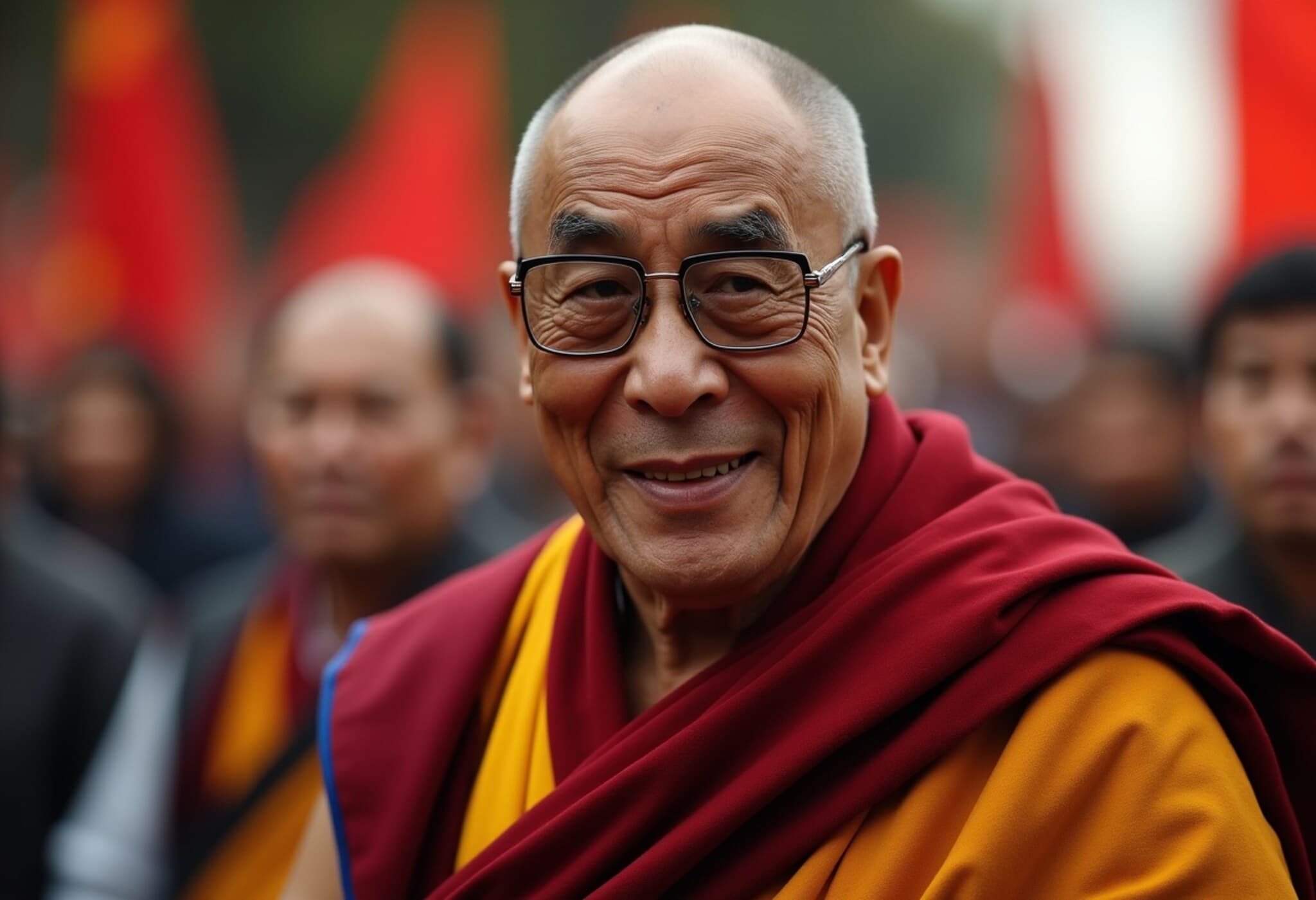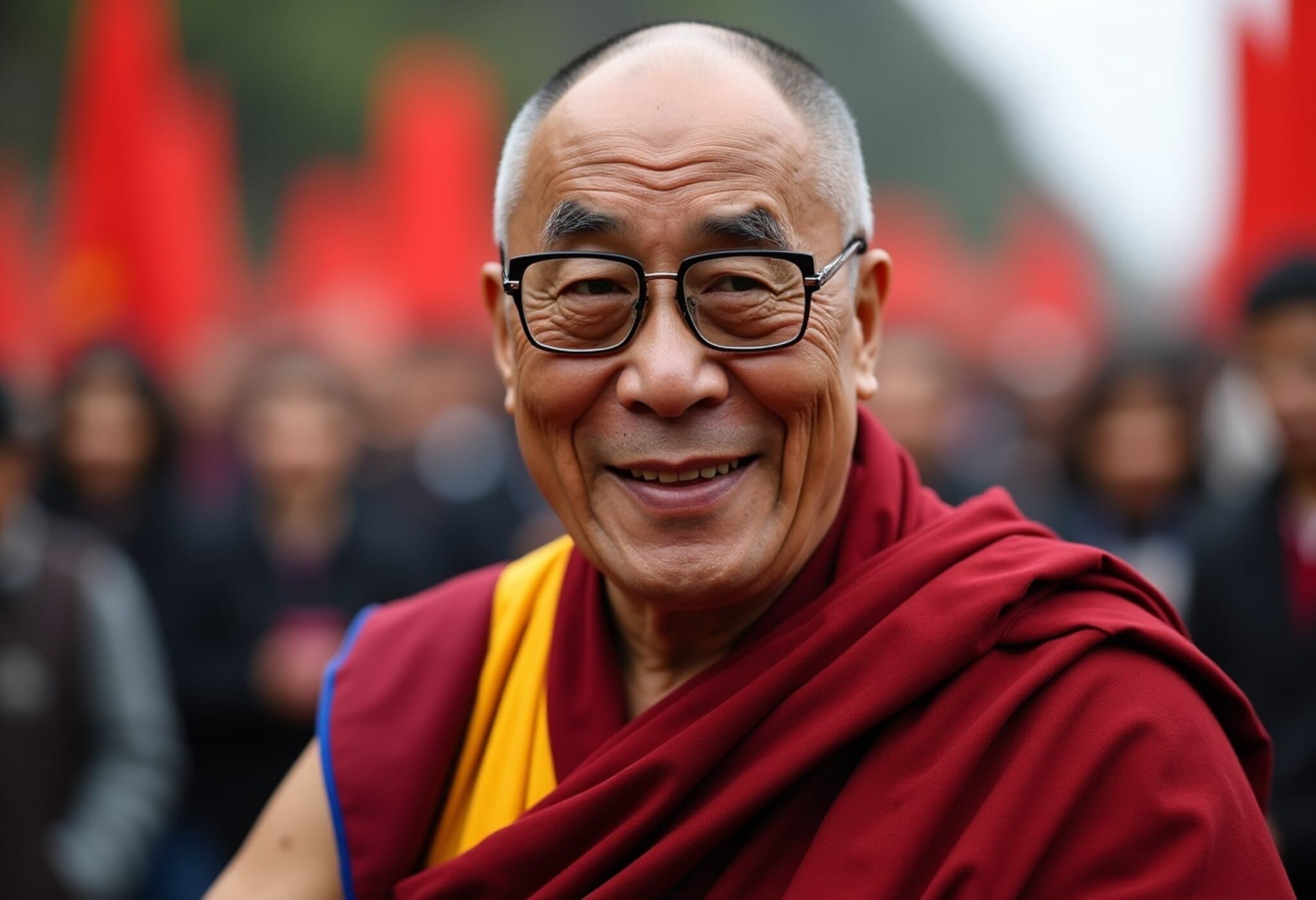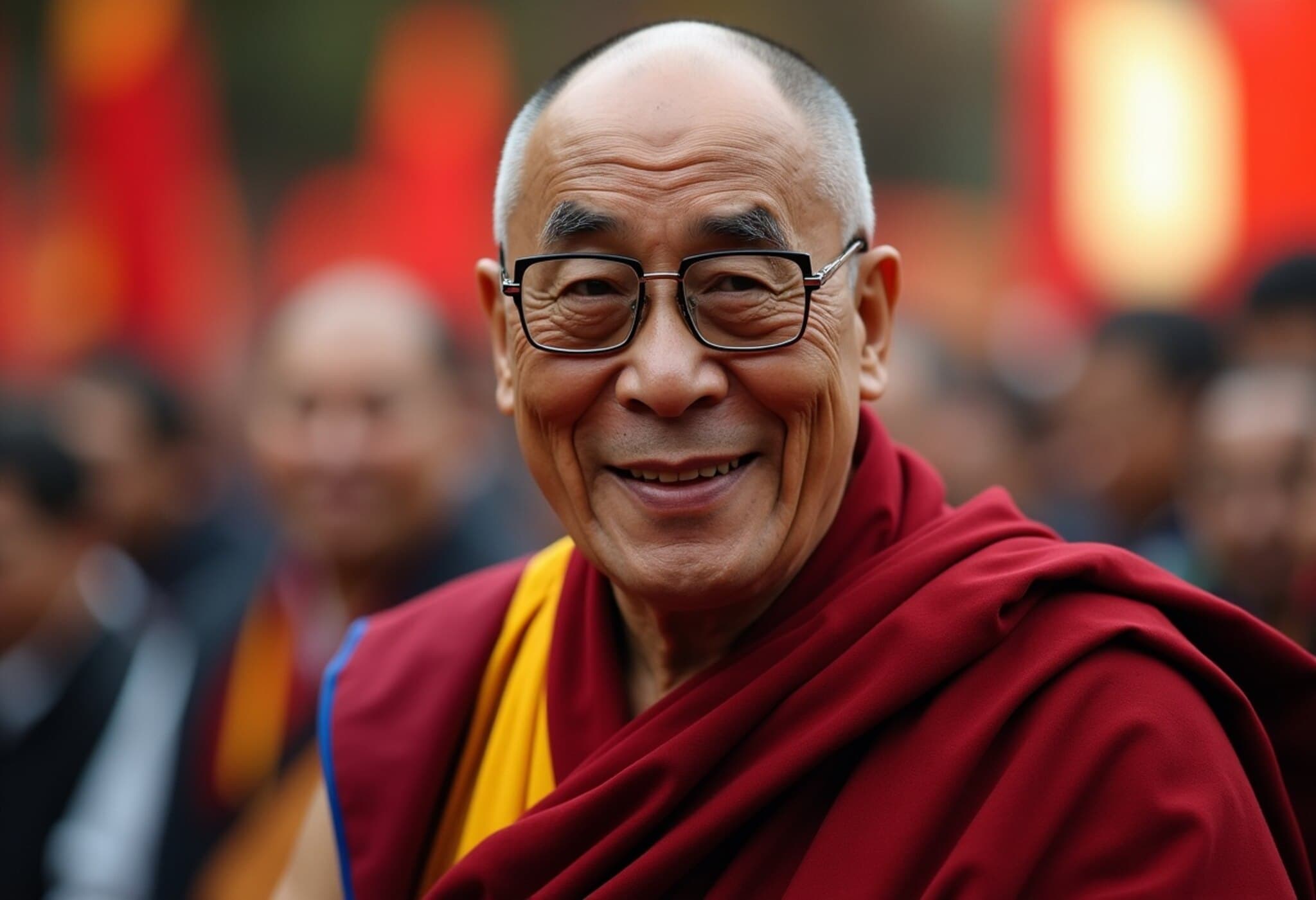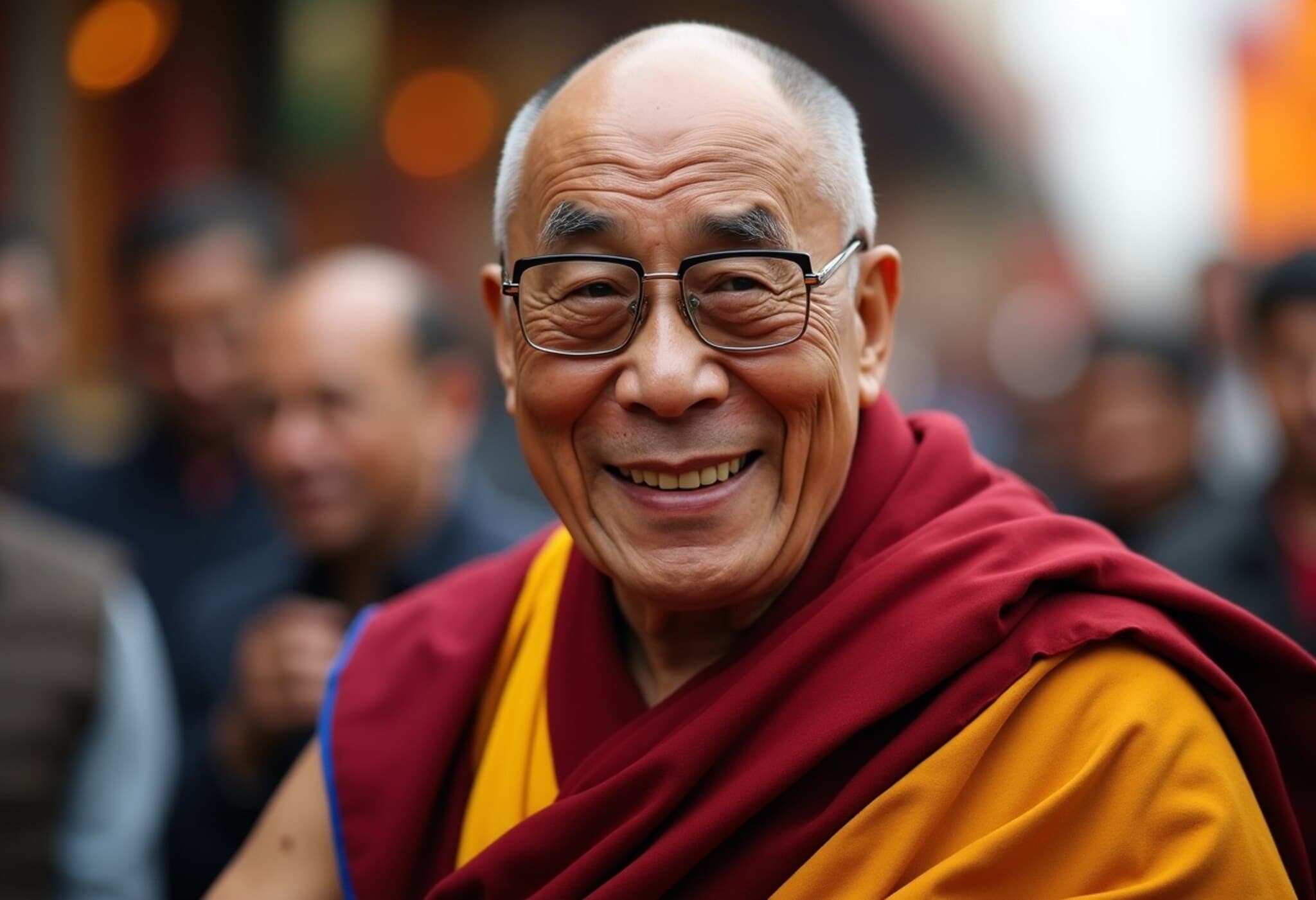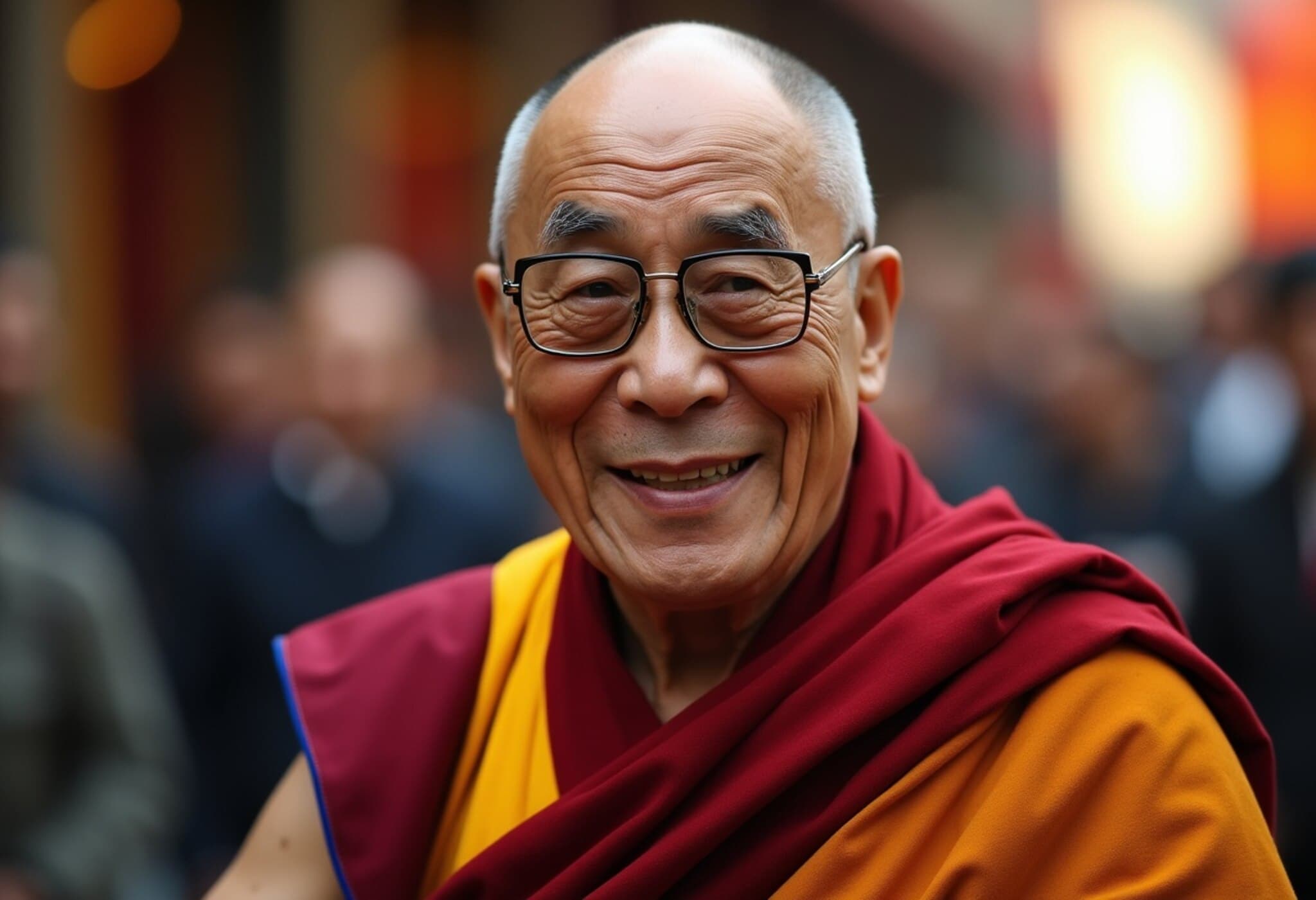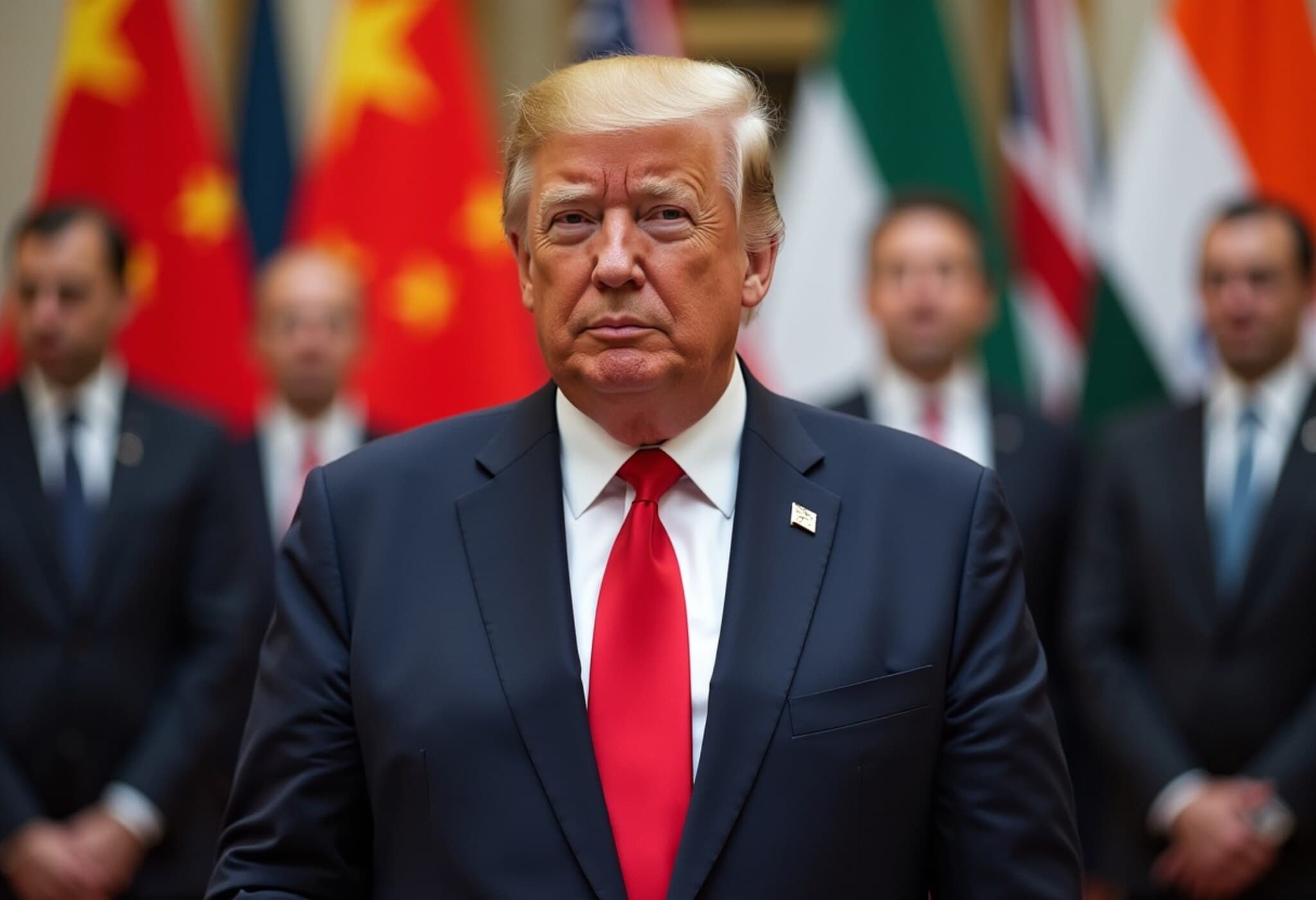China Condemns U.S. Criticism of Tibet Amid Dalai Lama’s 90th Birthday
On July 8, 2025, China’s Foreign Ministry delivered a sharp rebuke to the United States, stating that Washington is in "no position" to criticize China regarding Tibet-related matters. The remarks came in response to U.S. Secretary of State Marco Rubio’s public statement honoring the Dalai Lama’s 90th birthday, a significant event for Tibetan supporters worldwide.
Official Chinese Stance: Dalai Lama as a Political Exile
Mao Ning, spokesperson for China’s Ministry of Foreign Affairs, asserted during a press briefing that the Dalai Lama is a "political exile" engaged in "anti-China separatist activities under the cloak of religion." She stressed that he "has no right" to represent the Tibetan people or influence the region’s future. Mao urged the U.S. to recognize the "importance and sensitivity" of Tibet-related issues and condemned what she termed the "anti-China separatist nature of the Dalai clique."
U.S. Support for Tibetan Cultural and Religious Autonomy
Contrasting sharply with Beijing’s position, Secretary of State Rubio’s statement celebrated the Dalai Lama as a symbol of "unity, peace, and compassion." He reaffirmed the U.S. commitment to supporting the preservation of Tibet’s distinct linguistic, cultural, and religious heritage. Rubio emphasized the right of Tibetans to "freely choose and venerate religious leaders without interference," addressing longstanding concerns about Chinese government involvement in Tibetan religious affairs.
The Succession Controversy: A Clash of Legacies
The Dalai Lama’s recent assurance that he will be reincarnated and that a non-profit institution he established will have exclusive authority to identify his reincarnation is a direct challenge to Beijing’s claim of succession rights. China maintains it has the prerogative—rooted historically—that allows it to approve the Dalai Lama’s successor, underscoring deep-rooted tensions over spiritual sovereignty.
- Gedhun Choekyi Nyima: The six-year-old recognized by the Dalai Lama as the 11th Panchen Lama, who mysteriously disappeared in 1995 after Chinese authorities detained him.
- Gyaltsen Norbu: The Chinese government’s appointed Panchen Lama, symbolizing Beijing’s control over Tibetan religious leadership.
The Panchen Lama, as the second-highest figure in Tibetan Buddhism, holds significant influence—particularly in identifying the Dalai Lama’s reincarnation—making his succession a deeply politicized issue laden with symbolic power.
Expert Insight: The Geopolitical and Humanitarian Implications
This diplomatic exchange elevates complex questions around sovereignty, religious freedom, and human rights. From a U.S. policy perspective, Tibet represents more than a regional dispute—it stands as a litmus test for China’s broader approach to minorities and control. Analysts note that American support for Tibetan religious autonomy strategically signals a commitment to human rights amidst escalating Sino-American geopolitical rivalry.
Conversely, China’s insistence on controlling Tibetan religious succession reflects its emphasis on national unity and territorial integrity. For Tibetan Buddhists and global observers, this tug-of-war strikes at the heart of cultural preservation, identity, and spiritual expression under an authoritarian regime.
What Lies Ahead?
As Tibet remains a flashpoint in U.S.-China relations, the Dalai Lama’s legacy continues to fuel diverging narratives — from a religious symbol of peace to a political obstacle in Beijing’s eyes. The unresolved dispute over spiritual succession underscores deeper questions about governance, cultural survival, and international diplomacy in the 21st century.
Editor’s Note
China’s defiant posture on Tibet challenges the international community’s capacity to address cultural and human rights concerns amid great power politics. This story invites readers to consider how spiritual leadership and geopolitical power intertwine in contested regions. Will diplomacy prevail, or will Tibet’s fate remain caught between ideological frameworks and state control? The Dalai Lama’s impending reincarnation process could become a defining moment not only for Tibetans but for global religious freedom and diplomatic relations.

